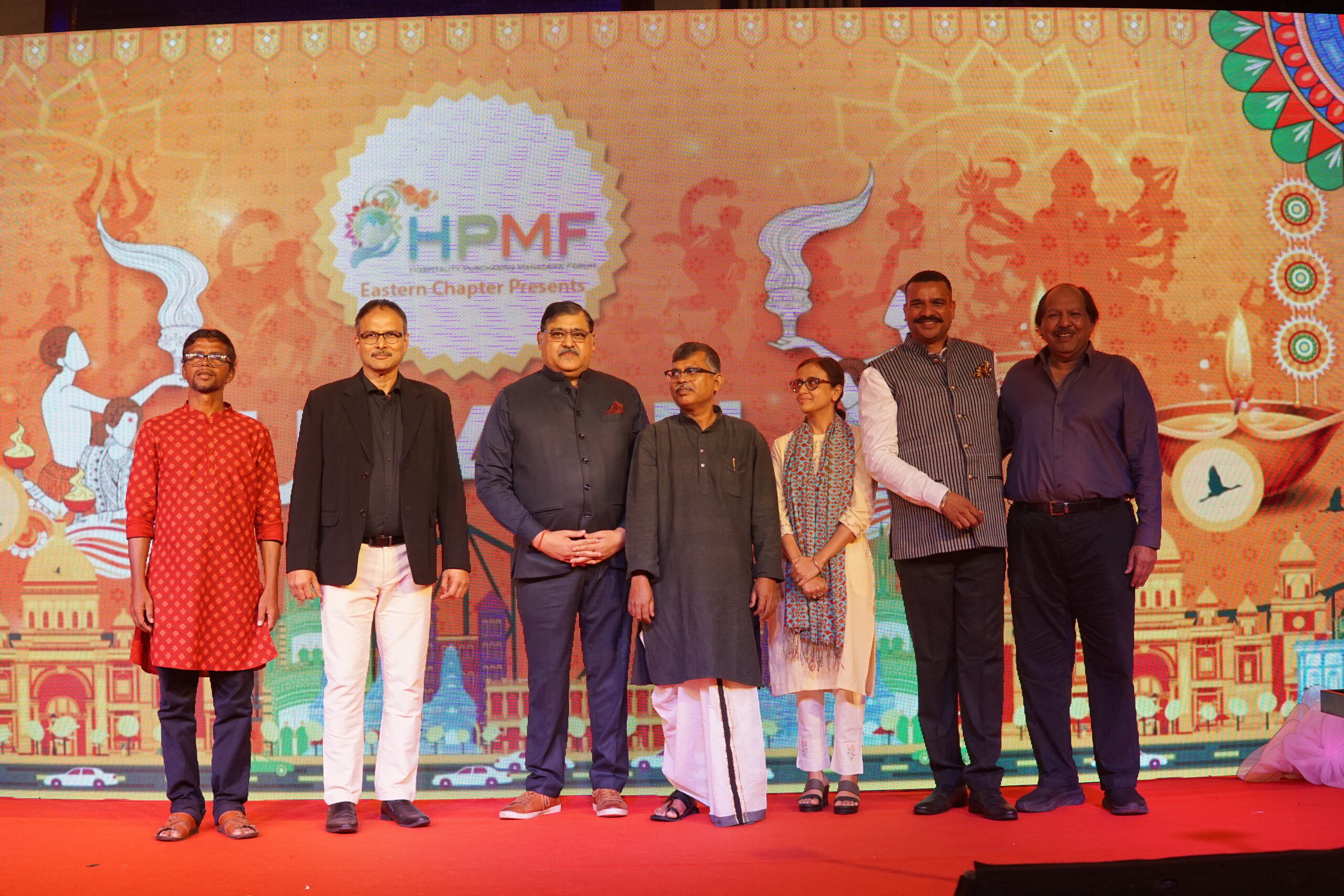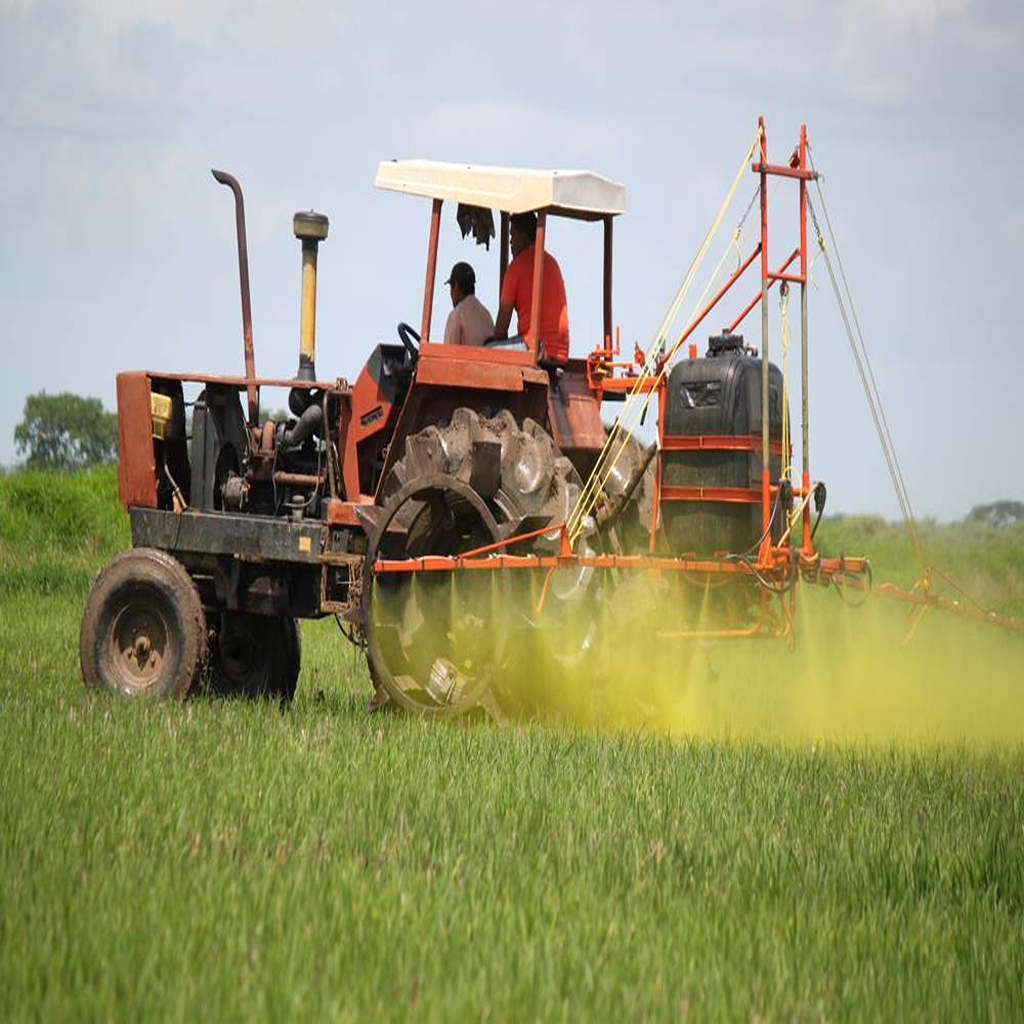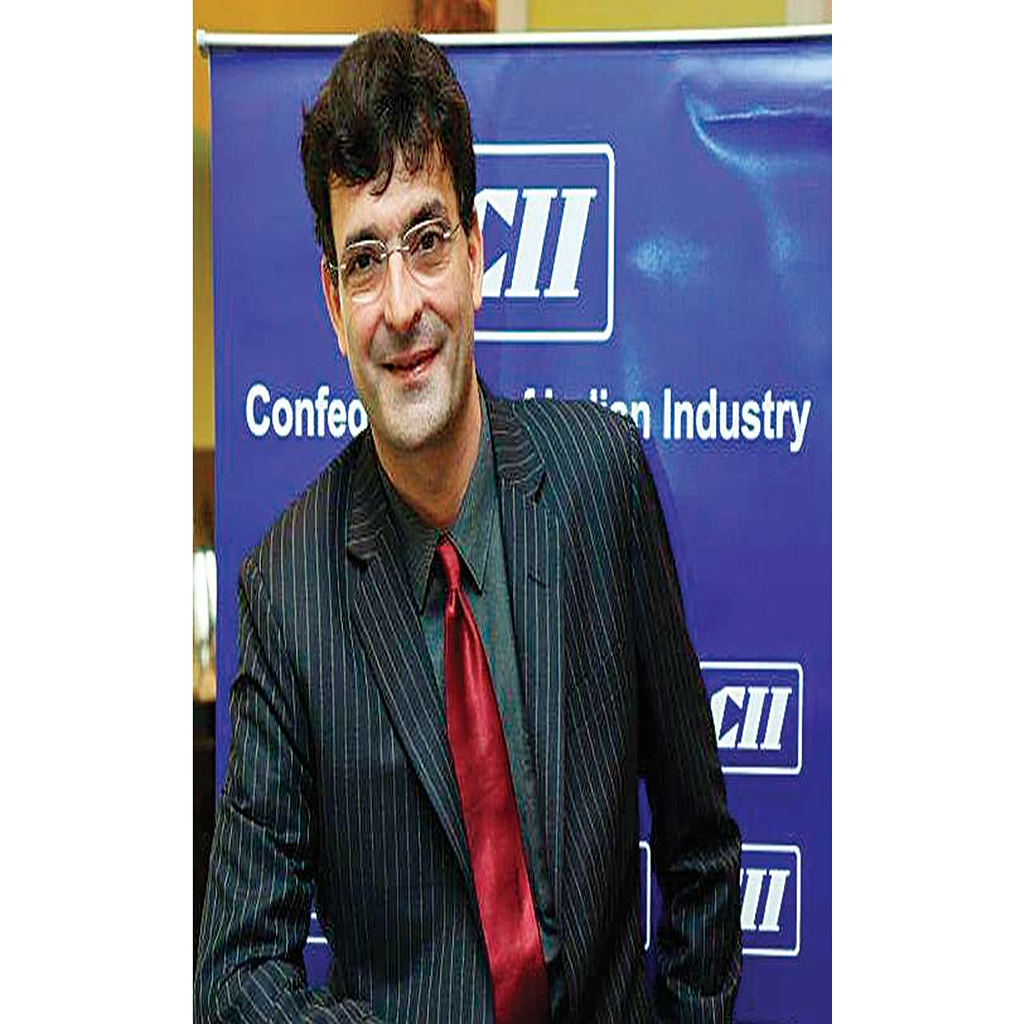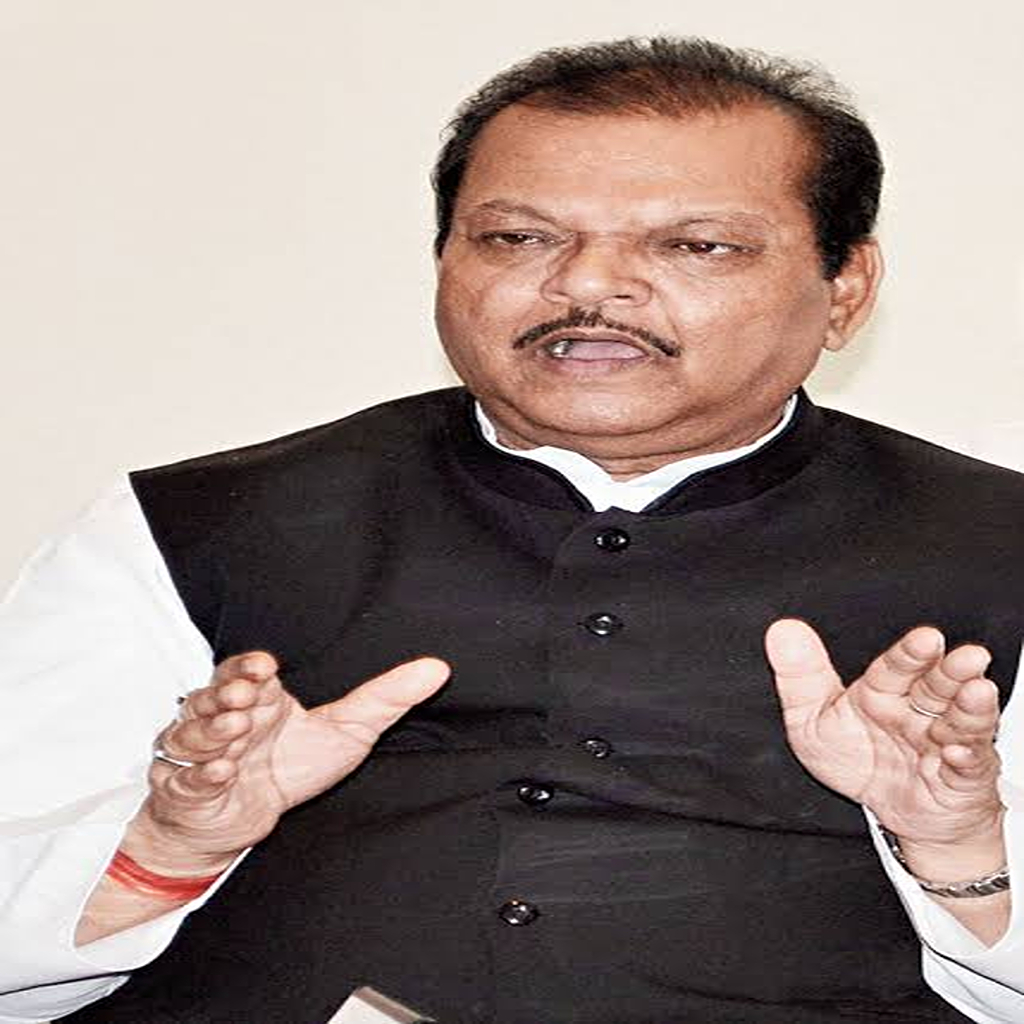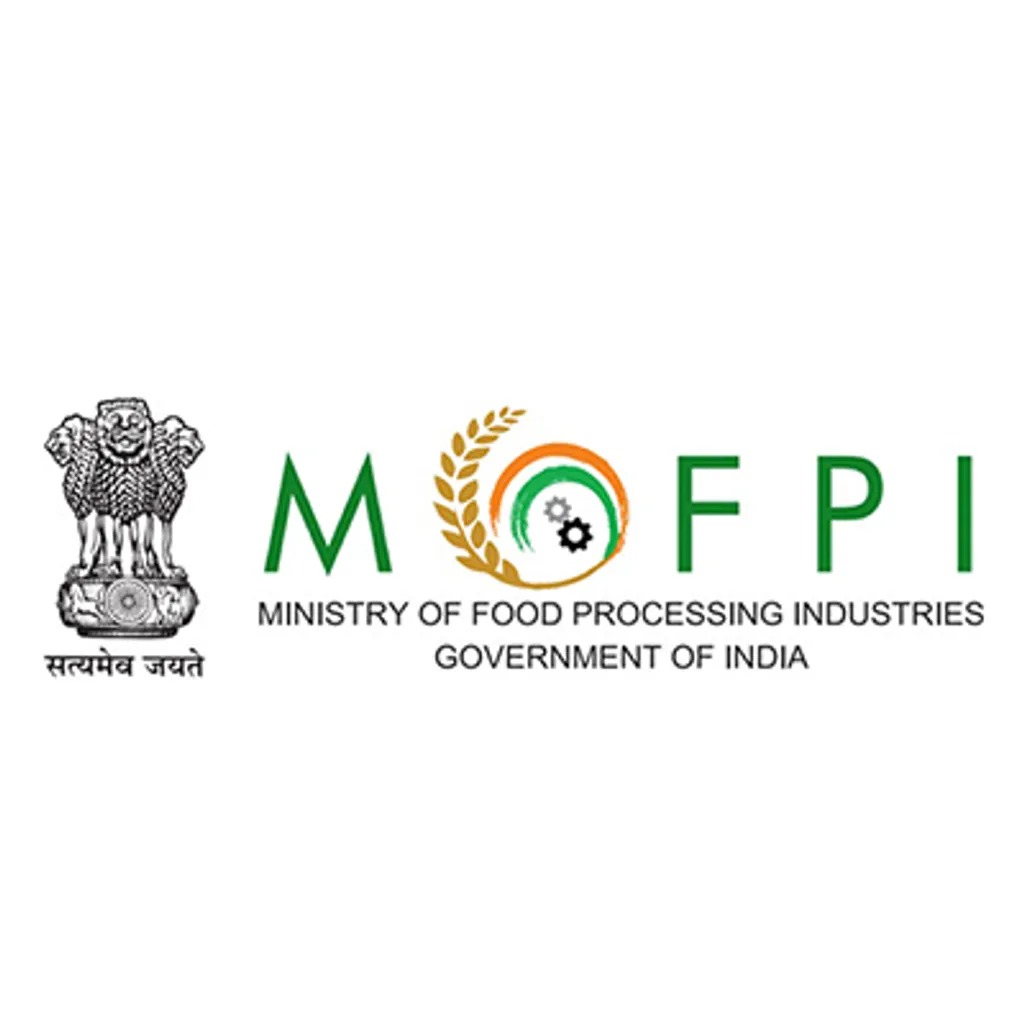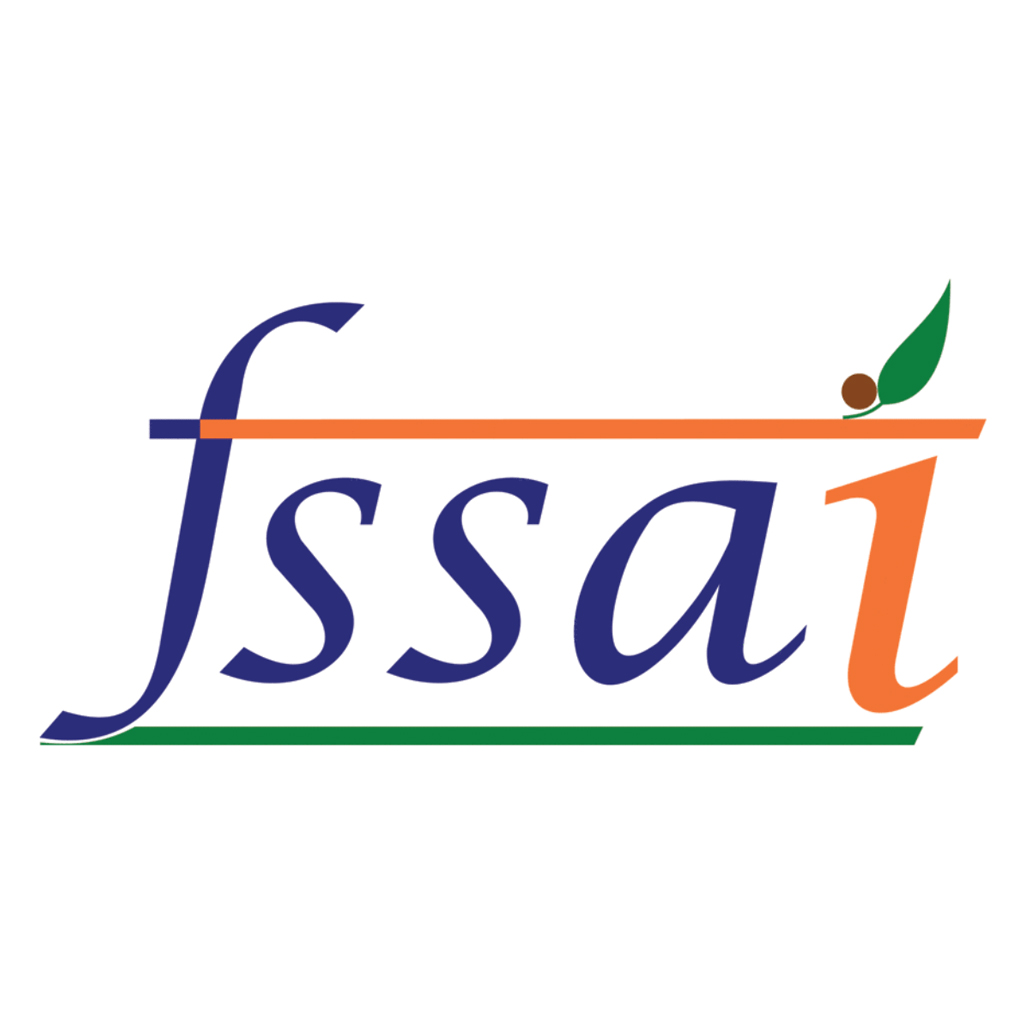
According to The Print, The Indian Government plans to increase the quality checks on milk, edible oil, honey, meat and poultry through the country’s apex food regulator, Food Safety and Standards Authority of India (FSSAI), according to the body’s new CEO, Arun Singhal.
Singhal, a 1987 batch IAS officer of the Uttar Pradesh cadre, was appointed to the FSSAI in May as part of a bureaucratic reshuffle by the Government, having earlier served as special secretary in the Ministry of Health and Family Welfare. The FSSAI falls within the ambit of the same ministry.
In his first interview since his appointment, Singhal told that apart from checks, FSSAI will identify more food products that are susceptible to adulteration, and identify the hotspots where this adulteration takes place.
“Five food products which are susceptible to adulteration are now under the strict vigilance of the FSSAI. These products are milk, edible oil, honey, meat and poultry. More products will be added to the high-risk food items,” said Singhal.
“We will increase the scope of market surveillance to identify hot-spot areas of adulteration and conduct national-level surveys for milk, vegetable oils and all other high risk commodities,” he said, adding that the timeline for these surveys has not yet been decided.
New ways of testing, new regulations
Singhal said the FSSAI is focusing on periodic inspections and third-party audits, and conducting focused checks to ensure safety and quality of food products available in the market.
“We have approved 30 rapid food testing kits and devices to ensure faster, better and cheaper real-time testing of food at the field level. With this, samples will not be required to be sent to the laboratories every time for testing,” he said.
Also, to increase the access of imported food items in India, FSSAI is set to come out with new regulations for imported food products. Pre-packaged food — such as frozen food, which is packed in a box, can or any other container — is a focus area.
“Under the new provisions, pre-packaged food items can be moved out of ports provisionally, pending test reports. Many more labelling defects can be rectified at the ports, and earlier delays in sampling would be significantly brought down. All these changes would help to facilitate imports,” Singhal said.
Regulatory reforms underway
Singhal also said core work on various regulatory reforms is underway. For example, on ‘ease of doing business’, the FSSAI is simplifying the processing of applications for licensing and registration.
“IT-enabled e-services are being developed for improvement in existing portals of licensing and registration, imports and testing mechanisms by making them more user-friendly for food businesses. To build the culture of self-compliance, FSSAI has created an online ecosystem for training of food handlers,” the IAS officer said.
The FSSAI is also in the process of strengthening its import clearance system.
“The idea is to ensure efficient and effective import control, post clearance surveillance, robust monitoring and simultaneously reducing the transaction time, cost and physical interface with importers,” Singhal said.
The FSSAI also plans to focus on improving infrastructure, including “strengthening of food testing laboratories, development of new National Food Laboratories (NFLs) at Chennai and Mumbai, along with investment in training and capacity building of lab personnel and field staff”, he added.
(Source: The Print)


